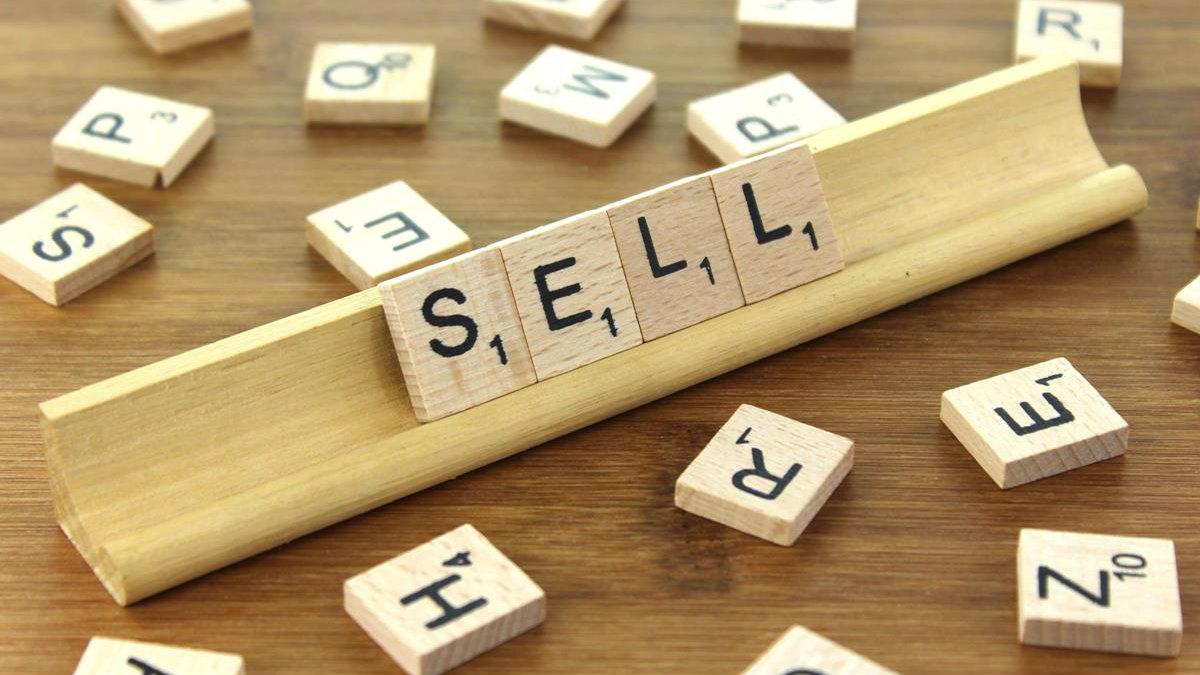“Dow Jones plunges more than 1,100 points.”
“S&P/TSX Composite Index crashes to four-month lows.”
“Global markets suffer a bloodbath on massive sell-offs.”
“Could this be a rerun of the 2008 Global Financial Crisis?”
Chances are, you woke up to similarly scary headlines that make you want to scurry for cover, and regret putting your hard-earned money into stocks as you watch your portfolio’s value tumble for reasons that are out of your control.
Let me warn you: it could get worse. Even if it doesn’t, the market could take a long time to recover. If you’re already panicking, it’s better you sell your stocks and retrieve capital investment or profits, if any, while you still can.
I’m serious, with a big if.
Sell, only if:
- The stock’s fundamentals have deteriorated with the latest drop in prices.
- The reasons you’d bought the stock don’t hold anymore.
- The stock is overvalued and you can fish for more reasonably valued gems.
Otherwise, there’s no reason to sell — not today; not tomorrow.
If you go back as far as you can in the history of the S&P/TSX Composite Index, or any global market index, for that matter, you’ll realize that crashes are inevitable.
But if you’d built a portfolio of rock-solid stocks, backed by sustainable moats, robust financials, and a visionary management, and held on to it through the downturns, you’d still be making money — a lot of money, actually.
Don’t believe me? Check out the kind of total returns (price plus dividend) stocks like Toronto Dominion Bank (TSX:TD)(NYSE:TD), BCE Inc. (TSX:BCE)(NYSE:BCE), and Canadian National Railway Company (TSX:CNR)(NYE:CNI) have generated in the past decade, despite several substantial market sell-offs in between.
Of course, you can’t build a perfect portfolio, and not all stocks in your portfolio will be multi-baggers. The key is to get more hits than misses.
If seven stocks in your portfolio collectively underperform or perform at par with the market over a period of time, there should be three other stocks that generate sky-high returns that overshadow the performances of the seven and make you good money.
That can happen only in the long run, though. Companies and stocks need time to prove their mettle, and you need to give them that. Without compounding, your returns won’t be as high.
Put simply, long-term investors are the ones who have the final word in the stock markets.
The markets will rise and fall. There will be periods of utter despair, as there will be periods of joy watching your stocks surge. The key is to defy human psychology and not let fear overtake reasoning during the times of despair, such as yesterday, today, and maybe even tomorrow.
That’s easier said than done, but knowing that the companies you own stocks in, or are buying right now, are placed right fundamentally, and holding on to them for long periods of time makes it a tad easier.









